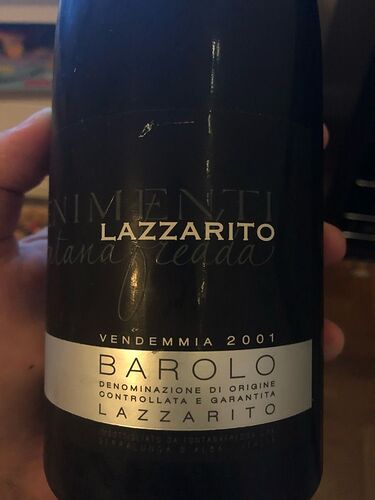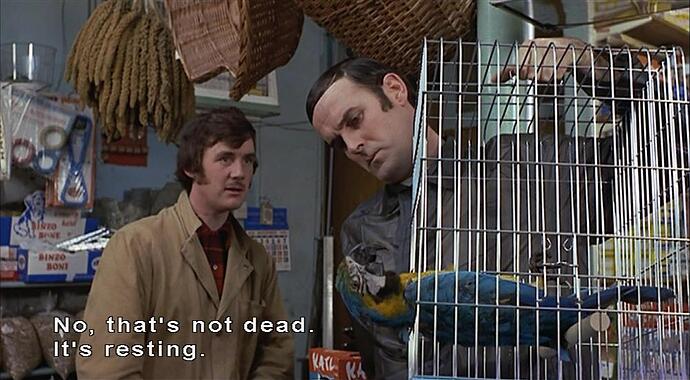I am finding myself drawn to older wines. I love the dry leaves, damp soil, almost umami notes that come from some wines with bottle age. That said, I do have a limit. My wife is not a fan of these characteristics at all, so lucky me. Just trying to gather some thoughts on what you consider when tasting older wines, 20+ years specifically. For me, it goes something like:
Mature: still has some fresh fruit, may be showing the start of stewed or dried fruit on the nose or finish but the palate still has some lift, some acidity or tannins present even if not perfectly balanced
Old: no lift on the palate, acidity and tannins are faded, still enjoyable to drink and the tertiary notes are balanced with the fruit that remains, definitely over the peak but still at a drinkable and enjoyable point
Dead: no fruit, all tertiary with no acidity or tannins remaining
Here are a few notes I have written to give you an idea of what I am tasting. I am far from an experienced taster, so anything you could add that could help me improve my knowledge would be appreciated.
-
1993 Ravenswood Cabernet Sauvignon Sonoma County - USA, California, Sonoma County (12/24/2022)
Decanted for sediment to a dark ruby color in glass with a wide tan rim with bricking. Great aromas of prunes, dates, leaves, damp earth, a sharp cedar. If you have ever opened a pack of Marlboro Reds and taken a deep breath, it is along those lines. The palate changes rapidly over the first hour starting with prunes, dates, plum, leather, and damp earth. The fruit begins to come more to the forefront with more air. The tannins are resolved and pick up a slightly chalky feeling with air. A low acidity clears to a long finish of blackberry, plum, and damp earth. Fully mature and aging gracefully. This never had a peak for me, it just coasted along for over 4 hours and was completely enjoyable the entire time it was evolving. (93 points)
Posted from CellarTracker
-
1999 Barboursville Vineyards Cabernet Franc - USA, Virginia (5/29/2022)
Received as a gift from friends. Was not sure what to expect out of a 23-year-old VA wine but was pleasantly surprised. Garnet in glass with slight bricking on edges. Aromas of currants, plum, and leather. Similar flavors on the palate. The fruit was still vibrant through the whole 2 hours in glass. The tannins were fully resolved with a low-medium acidity that cleared to a long plum and bramble finish. After some air there was a slight gravel note that joined the finish. I don't think there is further upside from here and this is probably on the downturn. Still enjoyable and aging out very gracefully. (92 points)
Posted from CellarTracker
-
2001 Fontanafredda Barolo Lazzarito - Italy, Piedmont, Langhe, Barolo (2/12/2022)
Tasted over 2 hour period. Starting to brick in glass with a wide, tan rim. On the nose there is raisin, mushroom, forest floor, and a slight floral note (violet maybe?). On the palate, plum, cherry, stewed fruit and Herb de Provenance with soft and fully resolved tannins. There is a medium, crisp acidity that still clears that palate well and a medium, black cherry finish with lingering herbs. The finish does not end up tart and is pleasant. I would say this is past its peak and starting to decline. It is still enjoyable and a reasonable bottle to try if you do not frequently drink wines with a couple decades of age. (90 points)
Posted from CellarTracker
That last one was an early note when I started exploring wines with more than a few years of age.
Any thoughts or questions to help start a discussion are appreciated!



